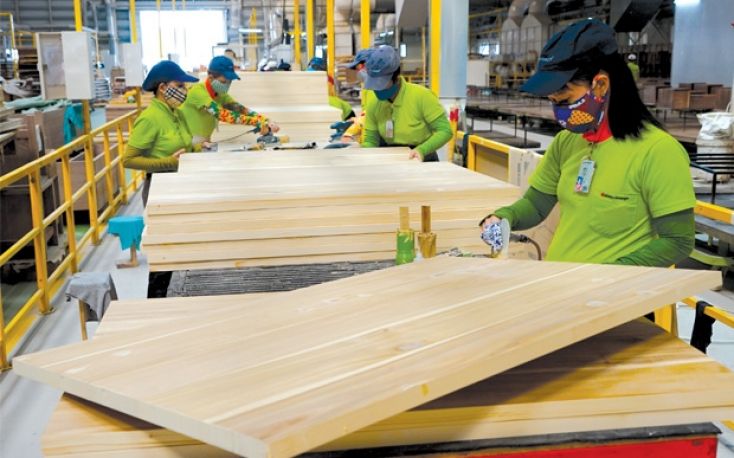Wood processing is a critical industry that involves turning raw timber into useful products. Understanding the essential aspects of wood processing can help you appreciate the value and complexity of this industry.
Find below five vital aspects you should know about wood processing.
Harvesting and transportation
The wood processing journey begins with harvesting trees from forests. This involves careful planning to ensure sustainability and minimal environmental impact. Once harvested, logs are transported to processing facilities. Efficient transportation methods are crucial to maintain the quality of the timber and reduce costs.
Sawing and cutting
Sawing and cutting are fundamental steps in wood processing. Logs are cut into planks, boards, and other shapes based on the desired end product. This step requires precision and the use of advanced machinery to ensure accurate cuts and minimize waste. Proper cutting techniques enhance the quality of the final product.
Drying and conditioning
After sawing, the wood needs to be dried to reduce its moisture content. This process, known as seasoning, prevents warping, shrinking, and cracking in the final product. Wood can be air-dried or kiln-dried, depending on the required speed and quality. Proper drying is essential for durable and stable wood products.
Planing and shaping
Planing and shaping refine the wood, giving it a smooth surface and the desired dimensions. This step involves using planers, molders, and other shaping tools. It is crucial for producing wood products that meet specific standards and requirements. Accurate shaping ensures the wood is ready for further processing or direct use.
Finishing and treatment
The final step in wood processing is finishing and treatment. This includes sanding, staining, painting, and applying protective coatings. These treatments enhance the appearance and durability of the wood, making it suitable for various applications. Proper finishing also protects the wood from pests, moisture, and other environmental factors.
The conclusion
Wood processing is a complex and essential industry that transforms raw timber into valuable products. Understanding these processes highlights the skill and technology involved in wood processing, emphasizing its importance in our daily lives.


